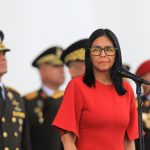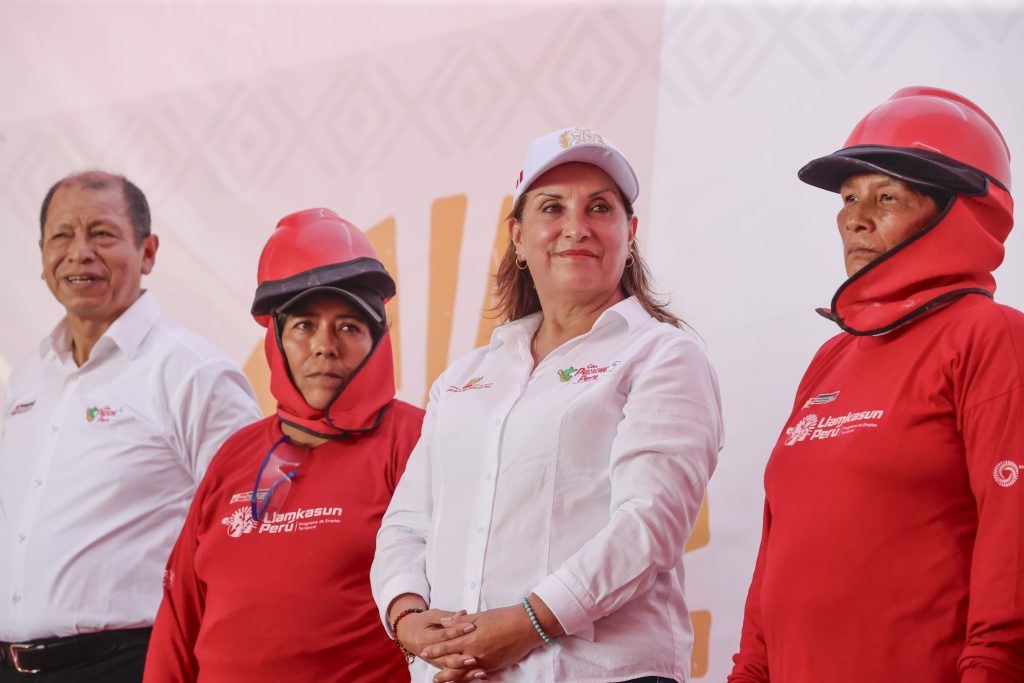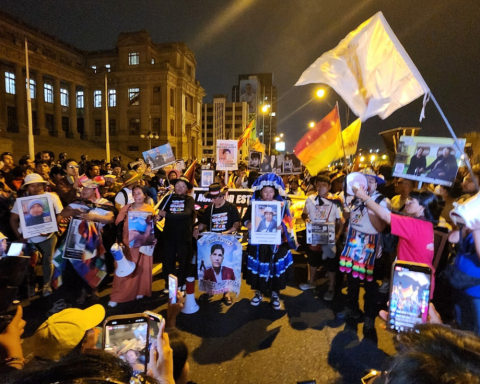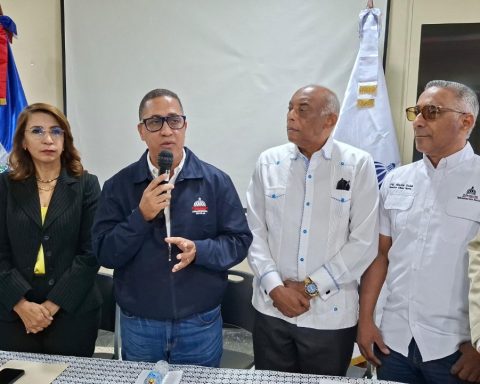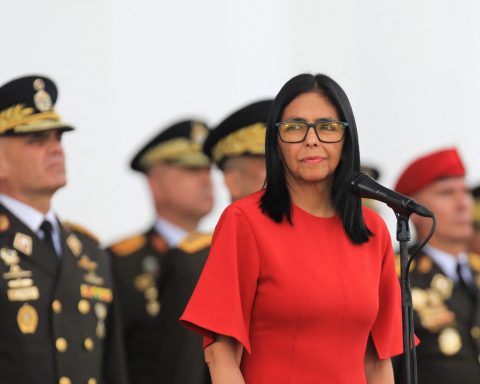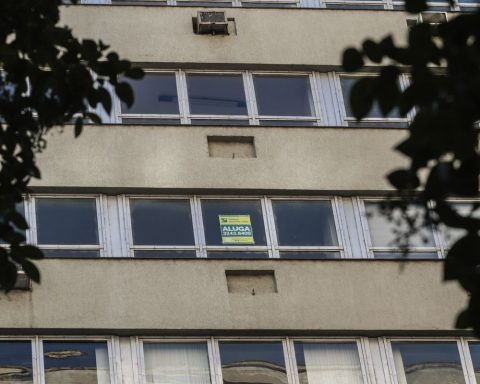The Sandinista deputies and their stilt collaborators in the National Assembly, who operate at the service of the dictatorship, approved this Thursday, October 31, the controversial General Law of Convergent Telecommunications, a regulation questioned by different social actors because it increases control over services. of fixed and cellular telephones and even forces the operating companies to serve as spies for the dictatorship.
The bill was sent to parliament last March and since then it was supposedly in consultation, until this Thursday when the 91 deputies that make up the Legislature unanimously approved said regulations.
Among the most controversial points of the new Law, the obligation that it imposes on companies operating landline, cell phone and internet services to provide the State (Police) with information on their users, which even includes their location, stands out.
This provision is what has put opposition organizations and human rights defenders on alert, because by having access to all this information the repressive forces of the dictatorship could increase their repressive actions, surveillance and location against people adverse to the regime of the Ortega-Murillo.
Related news: New Telecommunications Law shows that the Ortega dictatorship wants to have “everything under its control,” analysts say
The dictatorship justifies the promulgation of the new General Telecommunications Law by arguing that, due to the increase in services in that area and the expansion of coverage, the previous legislation, known as the General Telecommunications and Postal Law, had become obsolete.
Political operators of the dictatorship defend new regulations
Several political operators of the dictatorship, who serve as deputies, defended the new Law, ensuring that it is “modern” legislation.
Edwin Castro, head of the Sandinista bench in Parliament, in an attempt to give legitimacy to the new persecution instrument, maintained that the telephone and internet service operating companies took part in the consultation they carried out and assured that it is one of the laws “most consulted.”
For his part, Wilfredo Navarro assured that the approval of the new telecommunications standard updates the operation of these services and, immediately afterwards, the legislator turned Sandinista attacked the telephone companies, accusing them of having formed an “oligopoly” of the telephone companies in Nicaragua. communications.
“This law will promote competition, because in Nicaragua there are (only) two telephone companies that are oligopoly, so now with this simple fact of giving the user their telephone they can change telephone company,” said the political operator of the dictatorship. ..
The former liberal, now a faithful Sandinista, assured that the law will force telephone operators to be “more equitable and more competent” and stated that it will also improve the service because “there will be an impact on rates.”
Related news: New Telecommunications Law “sharpens the fang” of Telcor to spy on communications, warns an expert from Voces del Sur
«The new Law completely changes the anachronistic legal framework that was used to manage the telephone and communications system in our country; That is why the characteristics of this law are current modernity, which faces the challenges of technology and the skills that are generated with these transformations in the telephone system.
According to the deputy, the new law “establishes clear rules, a very important principle for the protection of user rights, it gives telephony the character of a public service so that it has the support of the State in the defense of the rights of users.” users.
Companies as spies at the service of the dictatorship
Article 109 of the new Law establishes that “operators of public telecommunications services and providers of audiovisual communications services are obliged to provide all the information required, including statistical and georeferenced information, periodically or as a result of specific requirements of Telcor, in the exercise of its regulatory powers.
The text of the provision adds that “for this purpose, the required information must be provided in a detailed, exact, truthful, timely and verifiable manner.”
And as part of the tight control that the dictatorship exercises over all the social structures of the country, the regulations force operators to allow inspections, even with the intervention of the Sandinista Police.
Related news: Ortega reforms Telcor Law and expands “control” over telecommunications
The control provisions on the communications of Nicaraguans border on the Political Constitution of the Republic, has warned the executive director of the Inter-American Legal Assistance Center for Human Rights (CALIDH), Danny Ramírez-Ayerdiz.
The lawyer and human rights defender pointed out that “behind this General Telecommunications Law, the State is going to control the information of Nicaraguans.”
“The fact that the operators have to provide information is an unconstitutional act because the Supreme Text establishes that all communications between individuals are protected, which continues in line with serious violations of human rights,” the defender warned.









